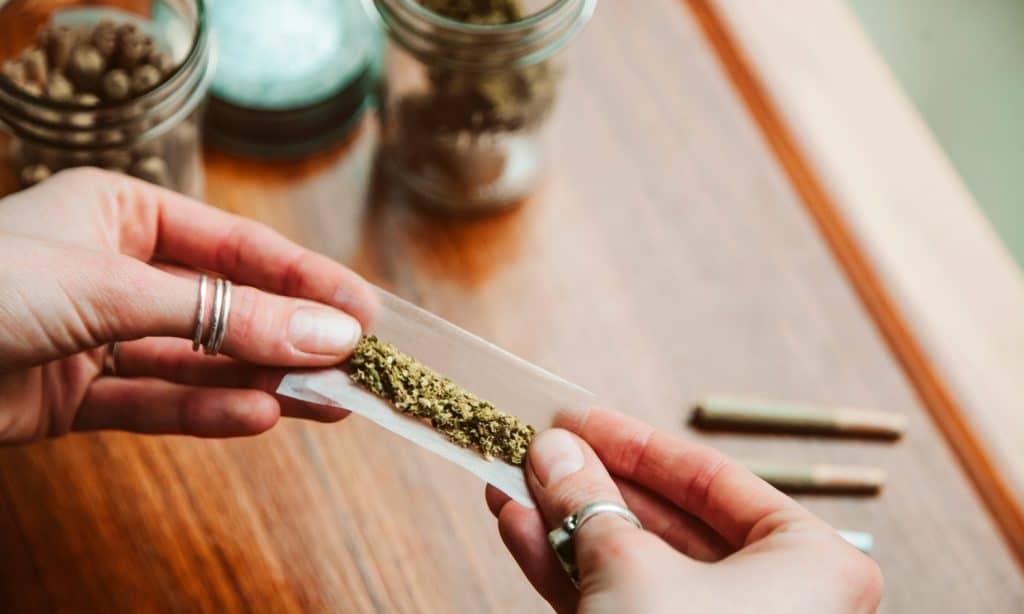Legal cannabis sales continue to break records in Illinois with a total of more than $99 million in sales of both recreational and medical marijuana products sold in September, according to state regulators. The figure tops the previous record for total cannabis sales from August, when combined sales totaled more than $95 million, according to data from the Illinois Department of Financial and Professional Regulation.
“We are not surprised to see another record month for cannabis sales in September approaching $100 million,” said a spokesperson for Chicago-based Green Thumb Industries, a multi-state operator with facilities in 12 legal cannabis markets in the United States.
“Consumer demand remains strong throughout the ongoing COVID-19 crisis and we expect industry growth to continue as operators ramp up capacity to increase supply, new stores open throughout the state, and existing stores add adult-use sales,” the spokesperson continued in the statement emailed to High Times, noting that a new location of its Rise brand of dispensaries will be opening in Naperville, Illinois this week.
September sales of adult-use cannabis products, at more than $67 million, also eclipsed figures from August, when sales were just shy of $64 million. Legal sales of recreational marijuana began in Illinois at the beginning year, with more than $39 million in sales posted in January. Following a slight dip in February sales at more than $34 million, the total for recreational marijuana products has increased each subsequent month.
Since the launch of recreational marijuana sales in Illinois in January, nearly 9.5 million cannabis products totaling more than $431 million have been sold. Sales figures do not include the taxes collected on adult-use cannabis sales.



